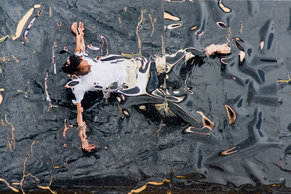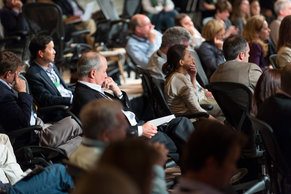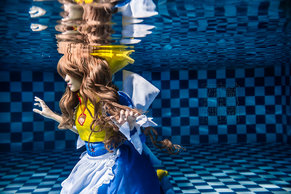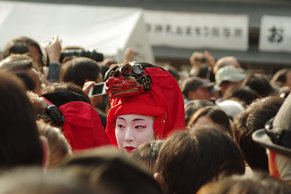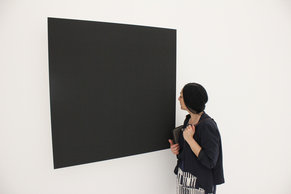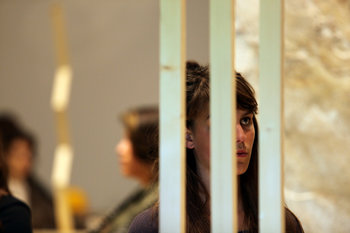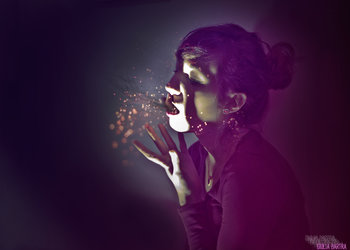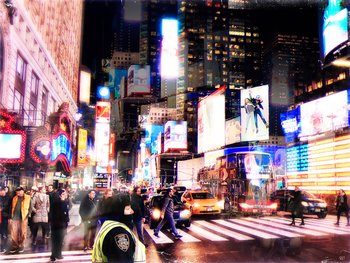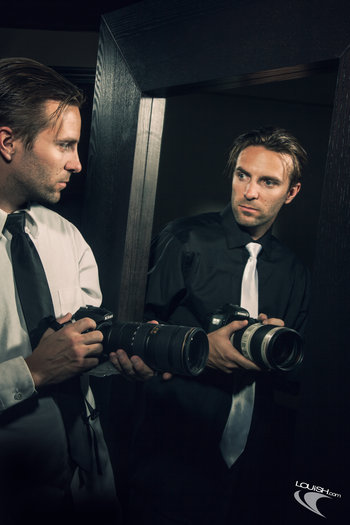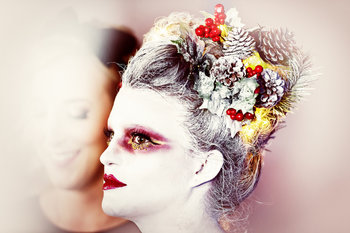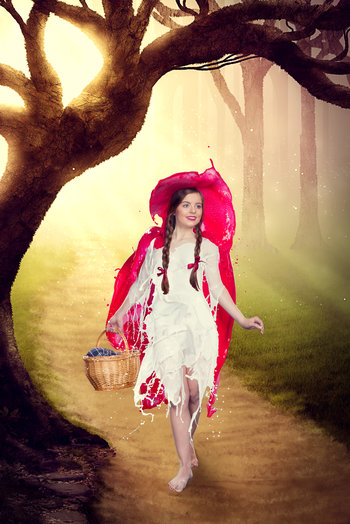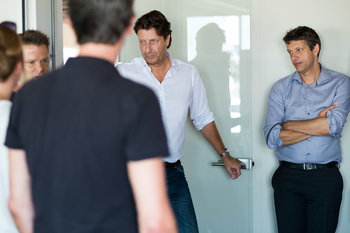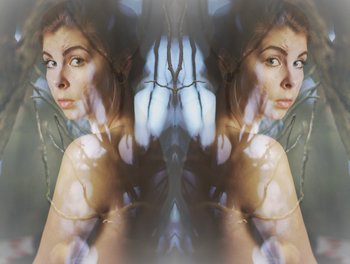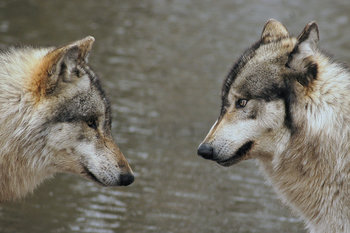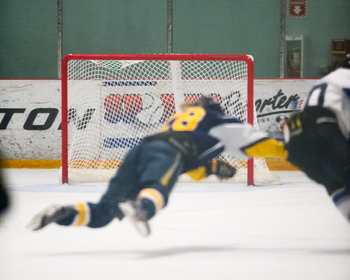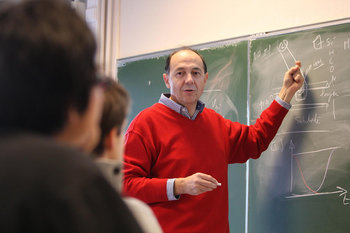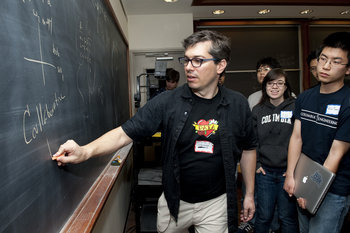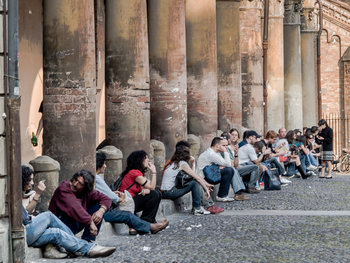
Aesthetics | Ambiguity |
Art | Beauty |
Behavior | Belief |
Certainty | Childhood |
Cold | Comfort |
Communication | Concepts |
Convenience | Culture |
Customer Satisfaction | Dance |
Dreams | Education |
Emotions | Failure |
Fairness | Fear |
Fiction | Freedom |
Friendship | Ideas |
Impressions | Improvement |
Information | Justice |
Knowledge | Laws |
Life | Loyalty |
Marriage | Media |
Music | Myths |
Norms | Opportunity |
Perception | Philosophy |
Popularity | Principles |
Probabilities | Rights |
Risk | Roles |
Romance | Science |
Social Status | Stories |
Success | Symbols |
Talent | Time |
Trends | Truth |
Values | Weather |
Exceptions and Rules
Things are often abstract as a general concept even where concrete examples exist. For example, art is an abstract concept because it doesn't correspond to any specific physical reality. You can have a work of art on your wall that is fully concrete and tangible. However, your neighbor might visit and say "that's not art." If there is any ambiguity like this surrounding a word that's a good sign that you're dealing with a concept and not a concrete thing. In practice, there are many abstract things that are arguably concrete and vice versa. Dictionaries and similar references do not typically list the difference so authoritative decisions on these matters are hard to find.Concrete Things
Concrete things are often explained as things that you sense with your senses. This is a helpful guideline but isn't completely true. That is to say that physical things that can be sensed with sensors or machines or that we know exist are also concrete nouns. For example, an atom or ultraviolet light are physical things but you can't directly confirm this with your senses.Mythical things such as dragons are concrete things because you would be able to sense them if they did exist.Myths
The following are common myths about abstract and concrete things.That something is not abstract because some physical example exists. If you find a beautiful flower, that doesn't make the entire concept of beauty concrete.
That the abstract always relates to ideas and not physical reality. Abstractions such as "weather" may generalize physical reality.
That the abstract is unreal or imaginary. Risk is abstract but if you take an unreasonable risk you may find that the risk was real.
That concrete things always exist. In fact, they can be imaginary things such as a dragon.
That concrete things can be sensed with the senses. This is a helpful guideline that isn't strictly true as concrete things physically exist that we can't sense such as ultraviolet light.
That the abstract always relates to ideas and not physical reality. Abstractions such as "weather" may generalize physical reality.
That the abstract is unreal or imaginary. Risk is abstract but if you take an unreasonable risk you may find that the risk was real.
That concrete things always exist. In fact, they can be imaginary things such as a dragon.
That concrete things can be sensed with the senses. This is a helpful guideline that isn't strictly true as concrete things physically exist that we can't sense such as ultraviolet light.
| Overview: Abstract Things | ||
Type | ||
Definition (1) | Concepts or generalizations that have no direct and specific physical manifestation. | |
Also Known As | Abstract NounsAbstractions | |
Related Concepts | ||

